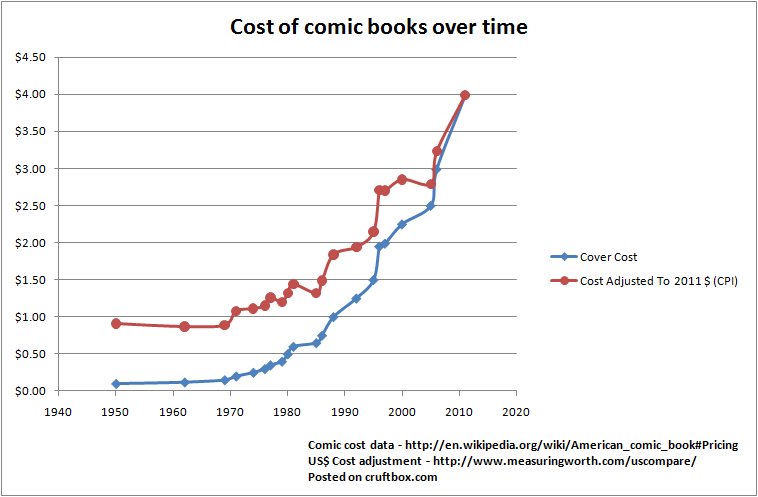Matt Welch explains why, even though more reporting is being done now than ever before in human history, the “old media” portrays the situation in the same way the dinosaurs might view the end of their era:
Imagine for a moment that the hurly-burly history of American retail was chronicled not by reporters and academics but by life-long employees of A&P, a largely forgotten supermarket chain that enjoyed a 75 percent market share as recently as the 1950s. How do you suppose an A&P Organization Man might portray the rise of discount super-retailer Wal-Mart, or organic foods-popularizer Whole Foods, let alone such newfangled Internet ventures as Peapod.com? Life looks a hell of a lot different from the perspective of a dinosaur slowly leaking power than it does to a fickle consumer happily gobbling up innovation wherever it shoots up.
That is largely where we find ourselves in the journalism conversation of 2012, with a dreary roll call of depressive statistics invariably from the behemoth’s point of view: newspaper job losses, ad-spending cutbacks, shuttered bureaus, plummeting stock prices, major-media bankruptcies. Never has there been more journalism produced or consumed, never has it been easier to find or create or curate news items, and yet this moment is being portrayed by self-interested insiders as a tale of decline and despair.
It is no insult to the hard work and good faith of either newspaper reporters or media-beat writers (and I’ve been both) to acknowledge that their conflict of interest in this story far exceeds that of, say, academic researchers who occasionally take corporate money, or politicians who pocket campaign donations from entities they help regulate, to name two perennial targets of newspaper editorial boards. We should not expect anything like impartial analysis from people whose very livelihoods—and those of their close friends—are directly threatened by their subject matter.
This goes a long way toward explaining a persistent media-criticism dissonance that has been puzzling observers since at least the mid-1990s: Successful, established journalism insiders tend to be the most dour about the future of the craft, while marginalized and even unpaid aspirants are almost giddy about what might come next. More kids than ever go to journalism school; more commencement speeches than ever warn graduates that, sadly, there’s no more gold in them thar hills. Consumers are having palpable fun finding, sharing, packaging, supplementing, and dreaming up pieces of editorial content; newsroom veterans are consistently among the most depressed of all modern professionals.





